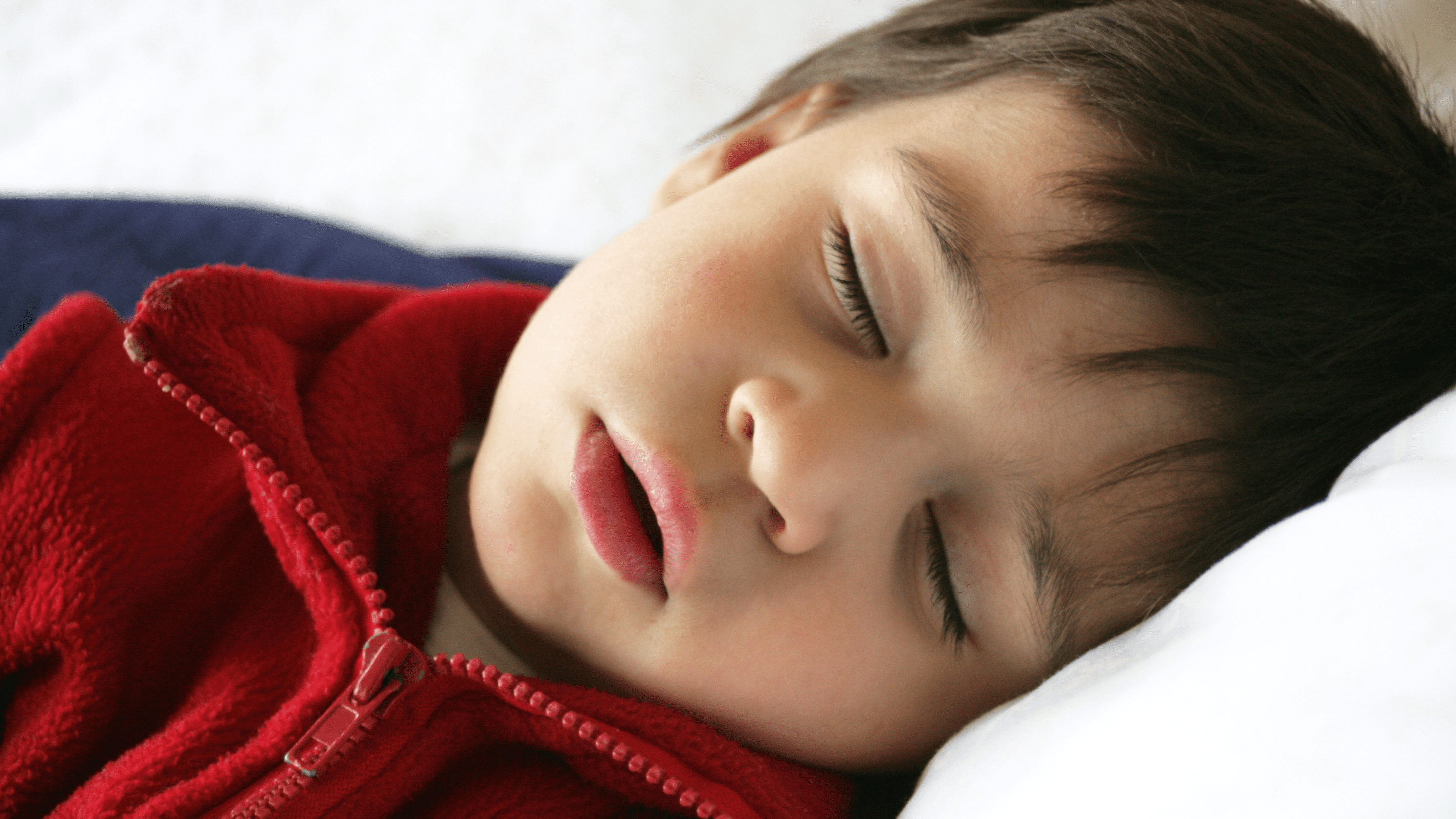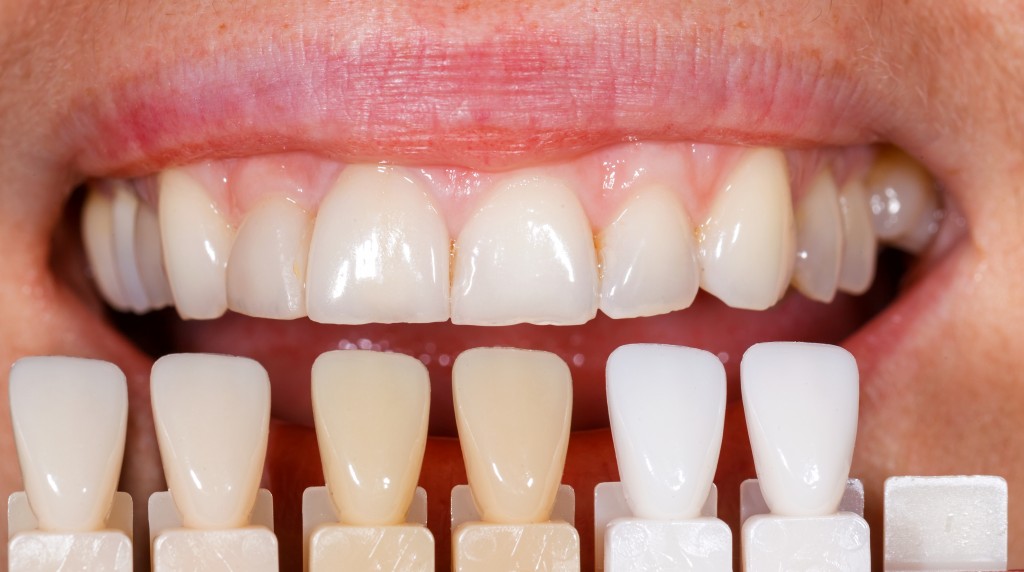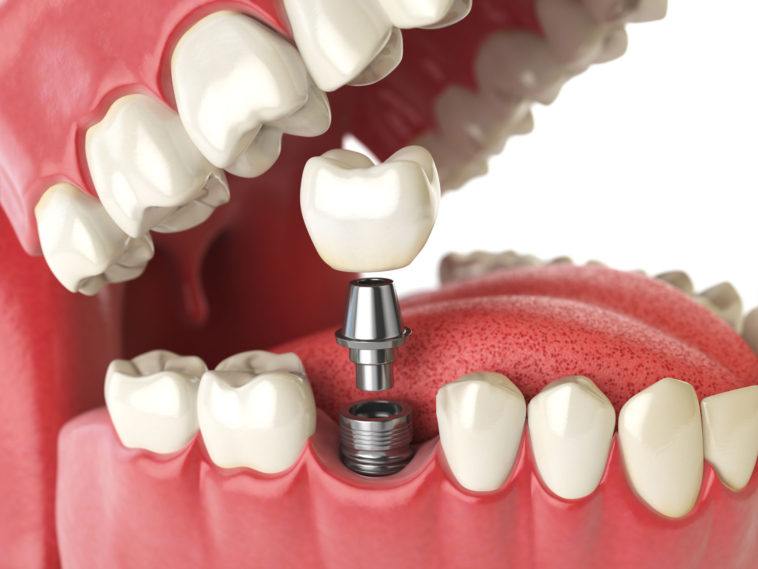- Home
- Services
- Snoring and mouth breathing in children
Snoring and mouth breathing in children

Snoring in children is associated with narrowed airways which prevents the child from introducing sufficient oxygen into the lungs. If your child snores there is a good chance that they are also habitual mouth breathers as they will try to bypass the obstructed airway by using their mouth rather than their nose to breathe.Watch your child sleeping and see if they sleep with their mouths mainly open or closed.
Airway obstruction in children can result from swollen tonsils or adenoids, nasal obstructions (eg. Polyps or enlarged turbinates) or even allergies causing constant nasal congestion. A child who snores or mouth breathes persistently, should be checked by an ENT for obstructions to their airway and treated appropriately.
Mouth breathing leads to a vicious circle of abnormal facial, dental and nasal development, which then results in more airway obstruction. Mouthbreathing and snoring in children are also often associated with sleep disorders as the child's sleep is disturbed by their attempts to keep themselves breathing. The negative impact of sleeping disorders on growth and development has been well documented.
These negative impacts include:
- attention deficit disorders
- reduced academic performance
- tiredness
- behaviour problems
- bedwetting
How can we help?
We can help to screen children by checking for airway obstructions eg. Swollen tonsils and underdeveloped jaws at each checkup. We will discuss issues around mouthbreathing and jaw development with the parents.
If a child has already developed abnormal sleep patterns and facial growth due to obstructed breathing we can work in collaboration with our ENT colleagues, sleep physicians, orofacial myologists and breathing therapists to improve their breathing.
Typical facial features of mouth breathers
.png)
.png)




